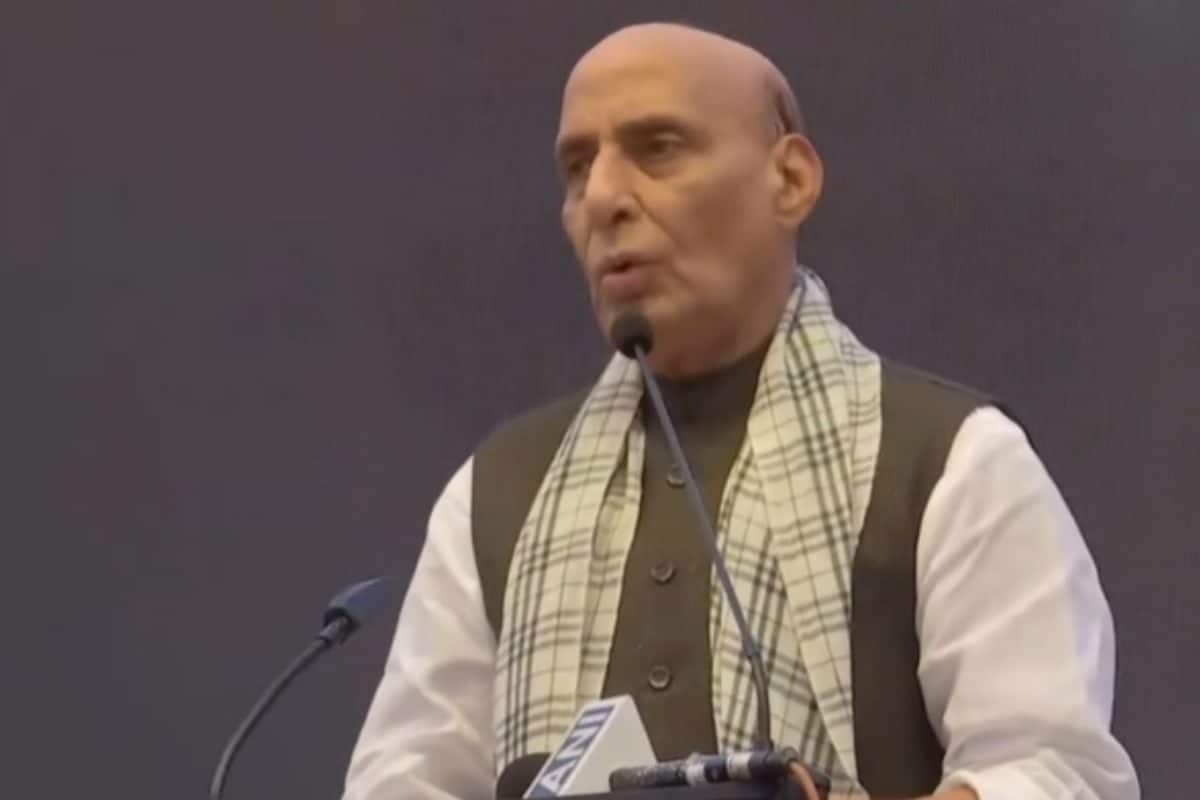

Defence Minister Rajnath Singh has lauded Operation Sindoor as a testament to India's strengthened anti-terror capabilities, delivering a stern message to terrorists and their supporters. Speaking to soldiers at the Northern Command in Udhampur, Jammu & Kashmir on June 20, 2025, Singh asserted that India will no longer tolerate terrorism and will respond decisively to any threat to its unity and integrity.
Operation Sindoor, executed on the night of May 6 and 7, 2025, was a swift, calculated tri-service cross-border assault targeting nine terror camps deep inside Pakistan and Pakistan-occupied Kashmir (PoK). This operation was in direct retaliation to the brutal April 22 Pahalgam terror attack, which claimed the lives of 26 innocent civilians. The operation involved the Indian Army, Navy, and Air Force, deploying SCALP cruise missiles, HAMMER smart bombs, loitering munitions, and ground-to-ground weaponry, eliminating approximately 70 to 100 militants. Key infrastructure of Lashkar-e-Taiba, Jaish-e-Mohammad, and Hizbul Mujahideen at Bahalwalpur and Muridke in Pakistan were crippled.
Singh commended the armed forces and intelligence agencies for their precision, coordination, and courage in destroying terrorist infrastructure. He emphasized that the operation signifies a change in India's policy towards terrorism, driven by the unmatched valor and dedication of Indian soldiers. Operation Sindoor, according to Singh, is not just a military action but a clear warning that India will respond with strength and strategy against terrorism. He also added, "Operation Sindoor is not over yet. This is just a pause. I want to tell this to my neighboring country".
Pakistan's Deputy Prime Minister Ishaq Dar admitted that Islamabad requested a ceasefire after India struck the Nur Khan and Shorkot airbases during Operation Sindoor. The strikes took place on May 6 and 7, prompting Pakistan to seek Saudi Arabia's intervention to halt further Indian action. Dar's admission is a contrast to earlier statements by Pakistani officials who claimed a strong response to India.
Fresh details revealed that the May 7 strikes eliminated over 170 terrorists, with the heaviest damage inflicted in Bahawalpur, a key terror stronghold in Pakistan. The operation also marked a historic milestone with the active participation of Indian women fighter pilots. Furthermore, Indian forces destroyed Pakistan's Chinese-made LY-80 air defense system in Lahore with a HARPY kamikaze drone and took out the HQ-9 system in Karachi using a missile strike. The initial strike knocked out the northern air command-control center at Nur Khan air base in Chaklala, Rawalpindi, followed by hits at Jacobabad and Bholari air bases, crippling Pakistan's air defense within hours.
Singh defined the life of a soldier as one filled with courage and sacrifice, stating that the nation will forever remain indebted to the services rendered by the Armed Forces. He urged personnel to focus on physical and mental well-being, underlining the importance of strength and wellness in a soldier's life. "If you are strong, our borders will be strong. When the borders are strong, India will be strong," he said.
Operation Sindoor's success underscores India's resolve to protect its sovereignty and its citizens. It serves as a powerful message to those who harbor and support terrorism, demonstrating that India is prepared to take decisive action to defend its interests and ensure regional stability.